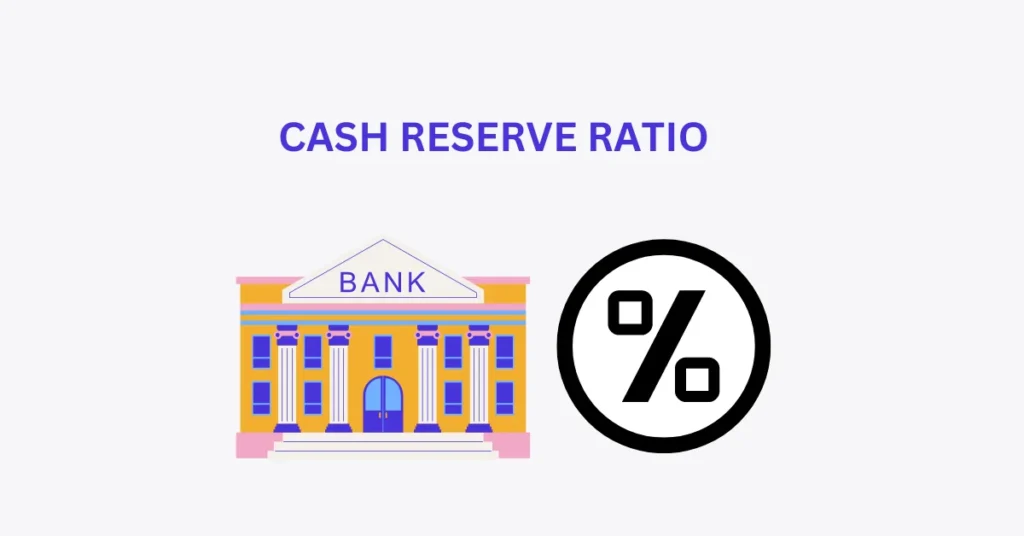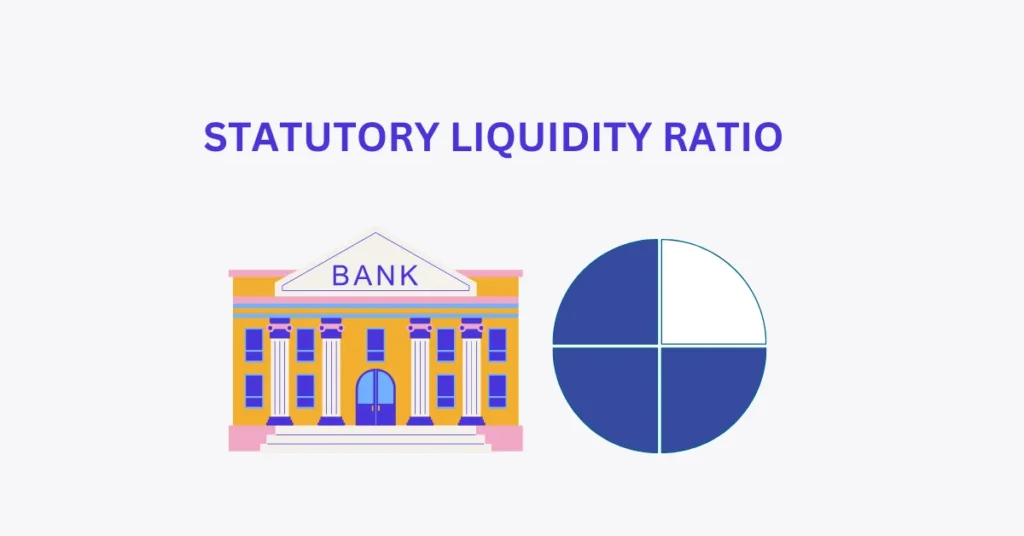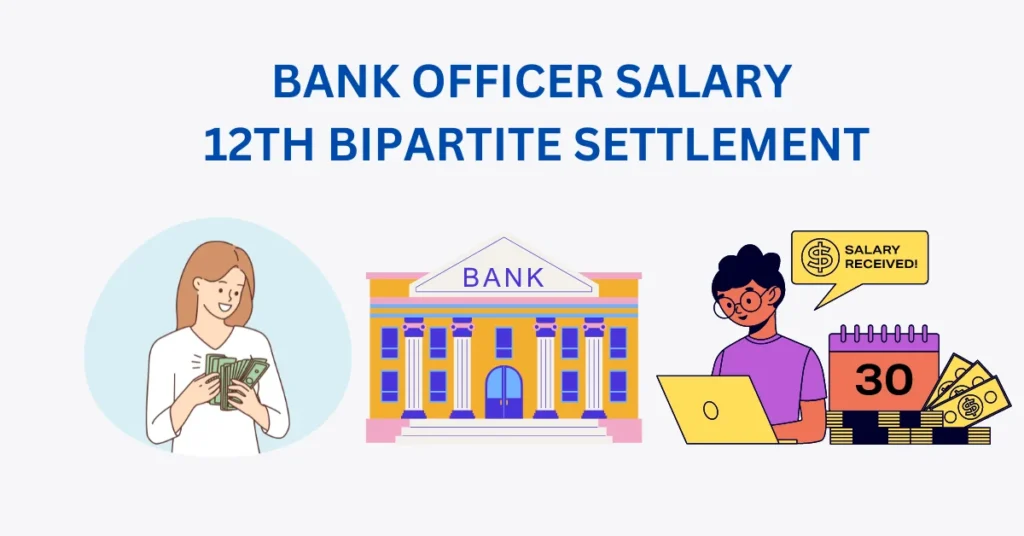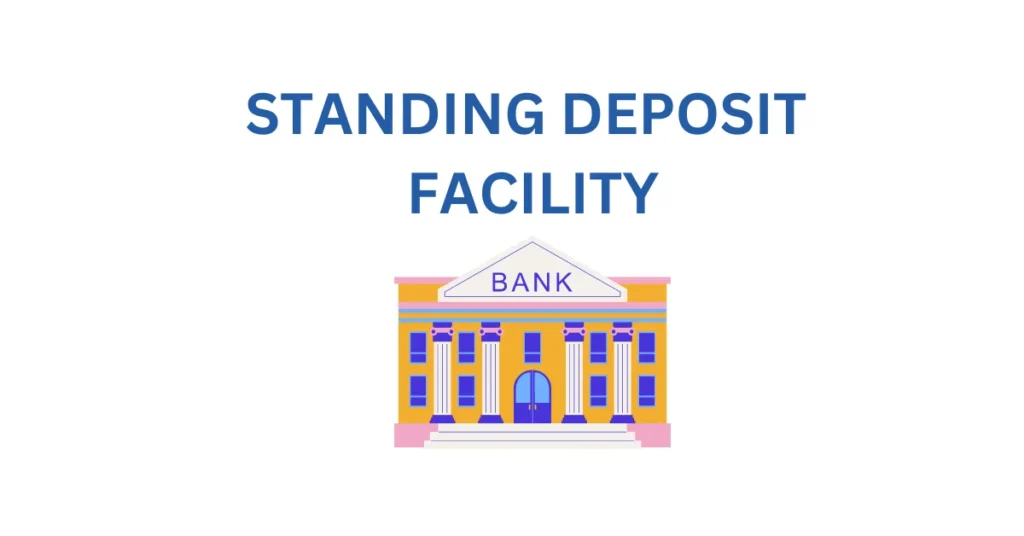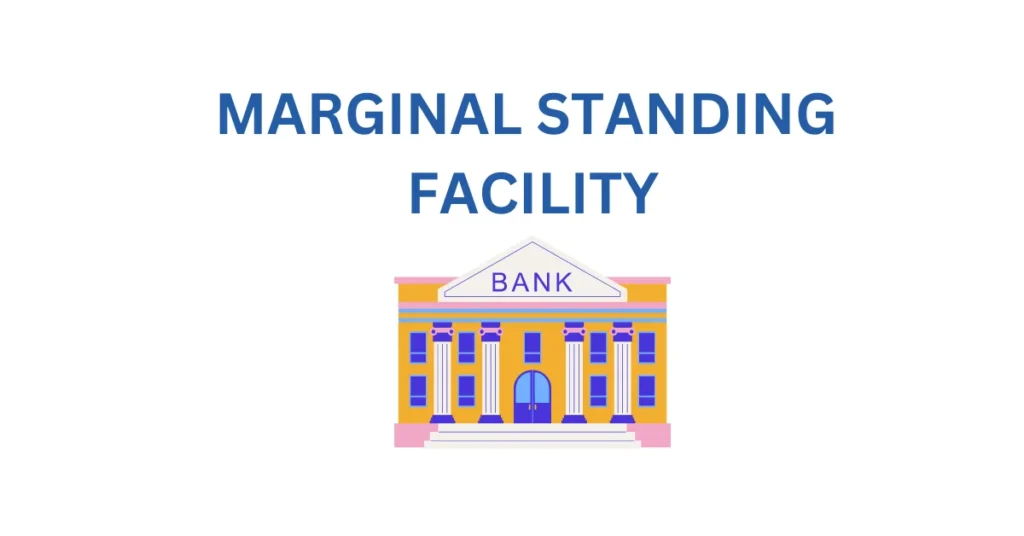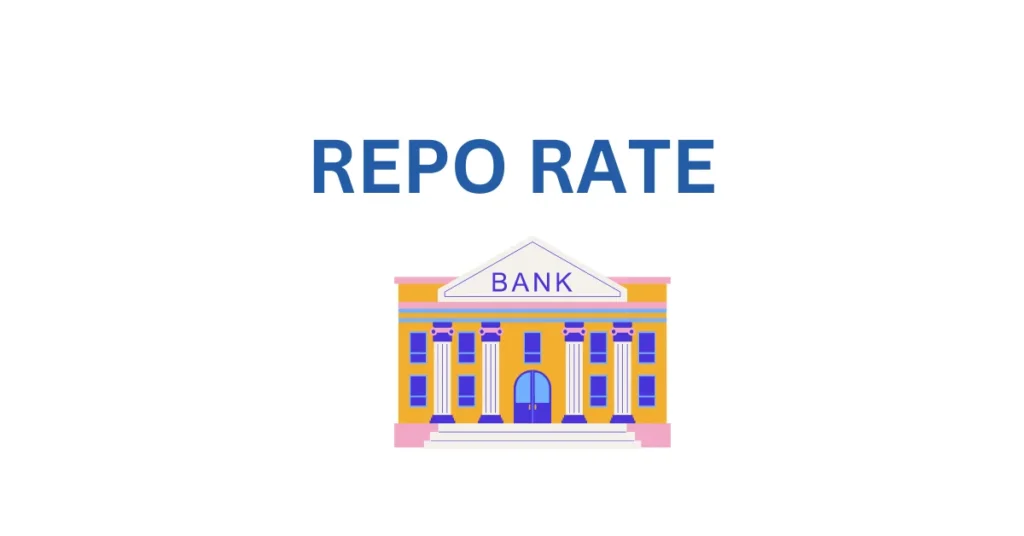In the complex world of finance and secured lending, the term “pari passu” holds significant importance. Derived from Latin, “pari passu” translates to “on equal footing” or “equal step.”
In financial contexts, it denotes a situation where two or more parties hold equal rights or status. When applied to the realm of secured lending and collateral, a pari passu charge ensures that multiple lenders or creditors have equal rights over the assets of the borrower.
This concept plays a crucial role in maintaining fairness and equity among creditors, especially during the liquidation of a borrower’s assets.
THE BASICS OF PARI PASSU CHARGE
A pari passu charge is a type of security interest or collateral arrangement where different lenders or creditors share equal rights over the assets of a borrower.
This arrangement ensures that in the event of the borrower’s default or insolvency, all the creditors with a pari passu charge on the same assets are treated equally.
This means that they have an equal claim to the proceeds from the sale or liquidation of the assets.
To put it simply, if a borrower defaults on a loan and their assets need to be liquidated to repay debts, all creditors with a pari passu charge will receive a proportional share of the proceeds.
This is contrary to situations where some creditors may have a priority claim, often referred to as a senior or preferential charge, which allows them to be paid in full before others receive any payment.
IMPORTANCE IN FINANCIAL TRANSACTIONS
Pari passu charges are particularly important in syndicated loans and corporate financing, where multiple lenders are involved in providing a loan to a single borrower.
In such arrangements, lenders often seek assurance that they will not be disadvantaged relative to others.
The pari passu clause ensures that all participating lenders are on equal footing, thus providing a level of security and predictability regarding their investment.
This concept also plays a vital role in international financing, especially in countries with different legal systems and bankruptcy laws.
It helps in standardizing the treatment of creditors and ensures a fair distribution of assets, thereby fostering trust and cooperation among international financial institutions.
LEGAL IMPLICATIONS AND CONSIDERATIONS
The implementation of a pari passu charge involves meticulous legal documentation to ensure that all parties’ rights and obligations are clearly defined.
The key legal documents typically include loan agreements, intercreditor agreements, and security agreements, which outline the terms and conditions under which the pari passu charge operates.
One critical aspect of these legal arrangements is the “sharing clause” or “pari passu clause.” This clause specifies that all creditors with a pari passu charge will share equally in the proceeds from the liquidation of the secured assets.
It is essential to ensure that this clause is unambiguous and enforceable in the relevant jurisdiction to avoid potential disputes among creditors.
Furthermore, the pari passu principle is often subject to local insolvency laws, which may affect how assets are distributed among creditors.
Therefore, lenders must thoroughly understand the legal landscape and seek legal counsel to navigate these complexities effectively.
BENEFITS AND CHALLENGES
The primary benefit of a pari passu charge is the assurance of equitable treatment among creditors. This fosters a collaborative approach among lenders, as they are assured that their claims will be treated on par with others.
It also enhances the borrower’s ability to raise funds from multiple sources, as lenders are more willing to participate in financing arrangements that offer equal protection.
However, there are challenges associated with pari passu charges. Coordinating among multiple creditors can be complex, especially when dealing with differing interests and priorities.
Ensuring that all parties adhere to the terms of the pari passu charge requires robust legal frameworks and effective communication among stakeholders.
CONCLUSION
In conclusion, the pari passu charge is a critical concept in secured lending and corporate finance, ensuring that all creditors are treated equally in the event of a borrower’s default.
By providing a fair and predictable mechanism for the distribution of assets, it enhances trust and cooperation among lenders, ultimately contributing to a more stable and efficient financial system.

